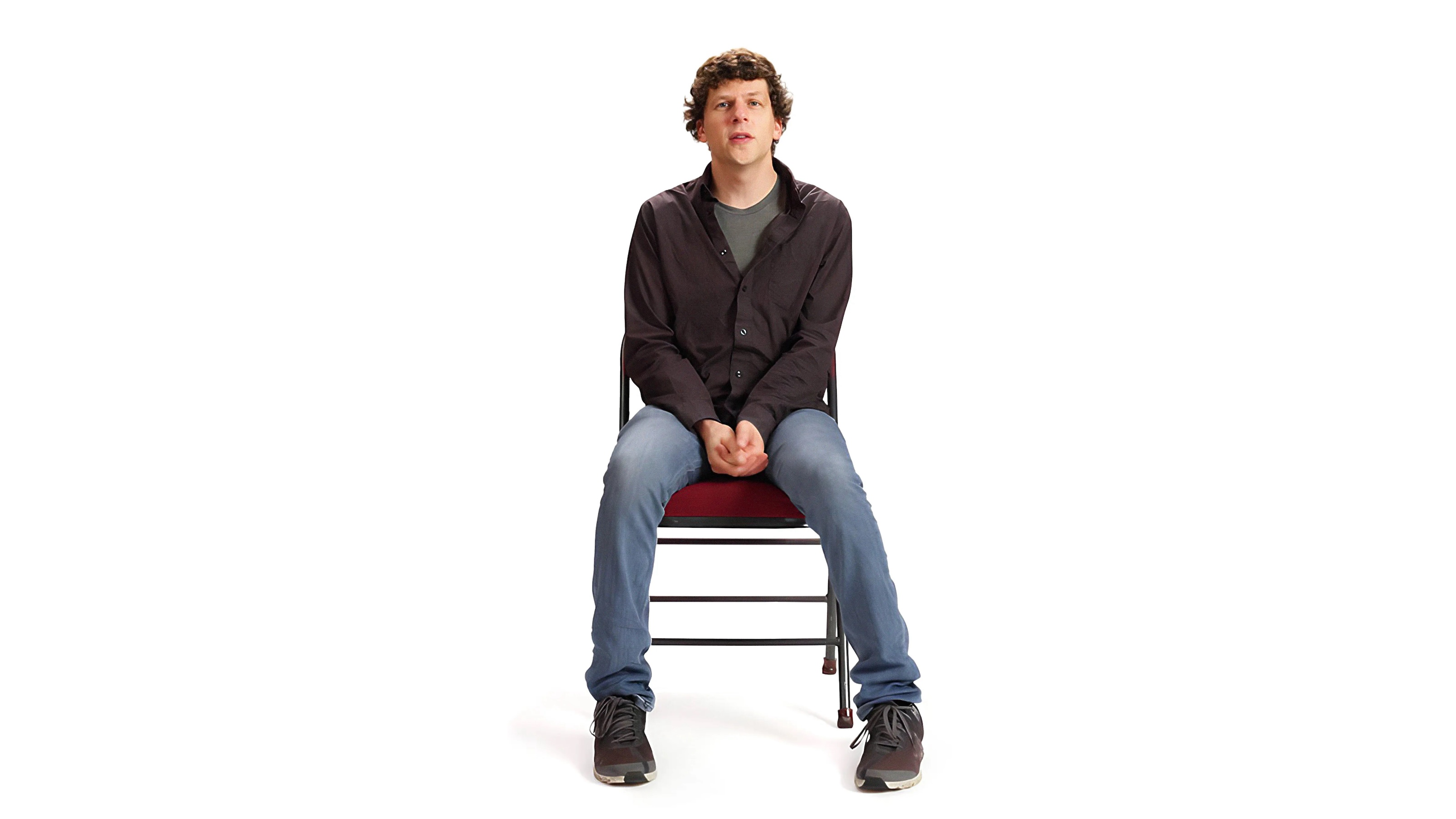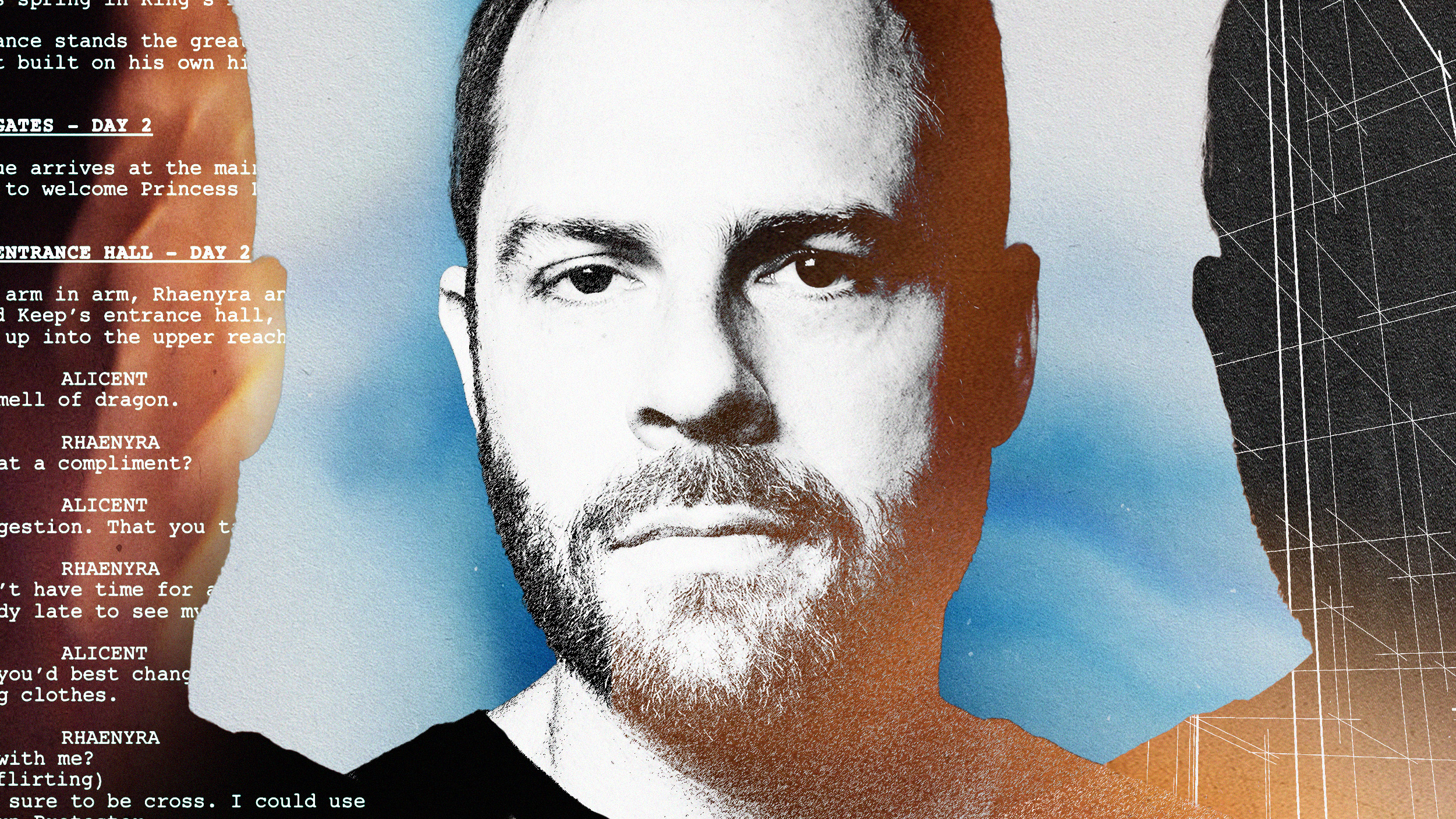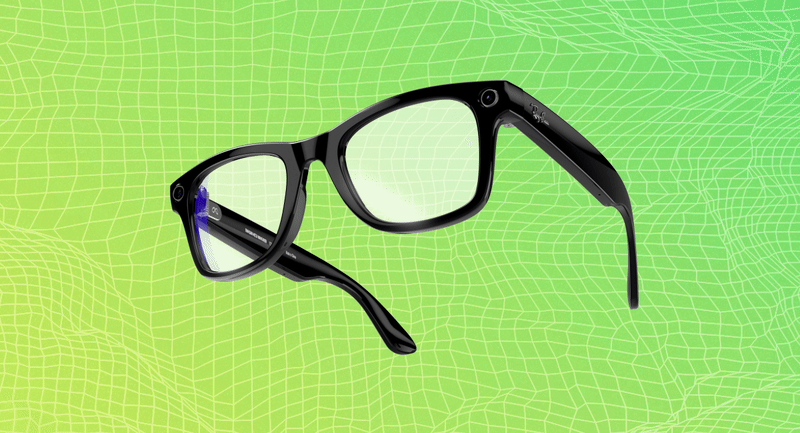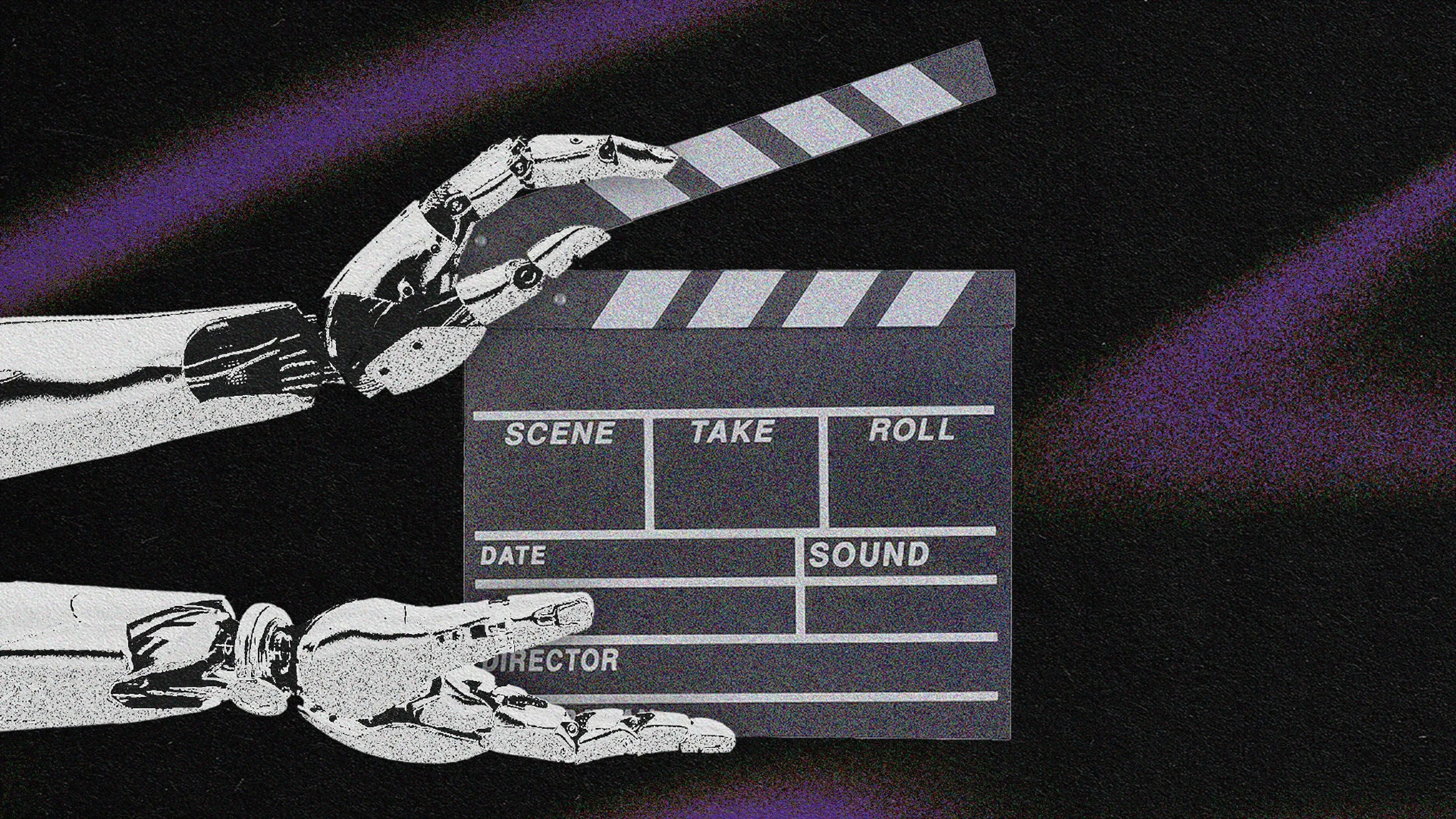We Are All Kathryn Bigelow Now
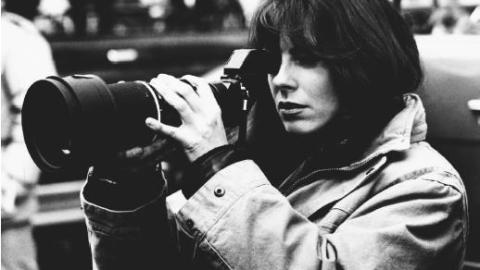
Barbra Streisand said it: “The time has come.” Watching Bigelow ascend the stage was meaningful for many people for many reasons, but meaningful for all women for one: it can be done. There is something in Bigelow that makes us want to be better versions of ourselves, insofar as there is something in her that never gave up: on her vision, on her art, on the ability of a woman’s work to transform the way we see the world. Or, perhaps more precisely, something in her that (former lead actress in her earlier film, Point Break) Lori Petty told today’s Post, “knows exactly what she wants.”
Knowing what one wants may be even more valuable than an Oscar. The Post piece continues:
Bigelow says she was first inspired to make movies after seeing Sam Peckinpah’s 1969 Western “The Wild Bunch” at a New York theater. It was the opposite of a chick flick, and it forecast the kinds of movies she would helm over the next two decades —masculine and violent movies usually made by men. Bigelow says her attraction to typically male-dominated material is no mystery.
“I respond to movies that get in your face. I like high-impact movies,” she told MIT’s student paper, The Tech. “I don’t want to be pacified or made comfortable. I like stuff that gets your adrenaline going.”
Her first film, a 1978 short, was unsettling for two reasons: It involved two men beating each other bloody in a dark alley while a voice-over spoke about the seductiveness of cinema violence. And it starred Gary Busey.
She ultimately landed in Hollywood doing writing work, but it wasn’t until 1987 that her career really took off. Her vampire film “Near Dark” became a cult hit.
She followed that up with other genre films, taking a brief detour to marry James Cameron in 1989. They divorced in 1991, but not before she could appear in the unfortunate music video he shot for Bill Paxton’s band Martini Ranch. (Look for it on YouTube.) Bigelow, naturally, played a tough, gun-wielding cowboy.
Much has been made of Bigelow being the first woman to win a Best Director Oscar, but she has always been downright resistant to addressing the gender issue.
“She never played the victim. She never played the female artist,” Weiner says.
“She really just played being a struggling filmmaker.”
“There’s really no difference between what I do and what a male filmmaker might do,” Bigelow told “60 Minutes.”
This might be the long-awaited apotheosis of feminism, or it might be simply a moment. If the latter, it’s a moment to be savored, and considered. Dylan’s words are uniquely applicable: “She’s got everything she needs; she’s an artist; she don’t look back.” God bless Bigelow for making women feel that what is possible is something unrelated to compromise, unrelated to playing nice, and unrelated to what other people say we should do, who be can be.
